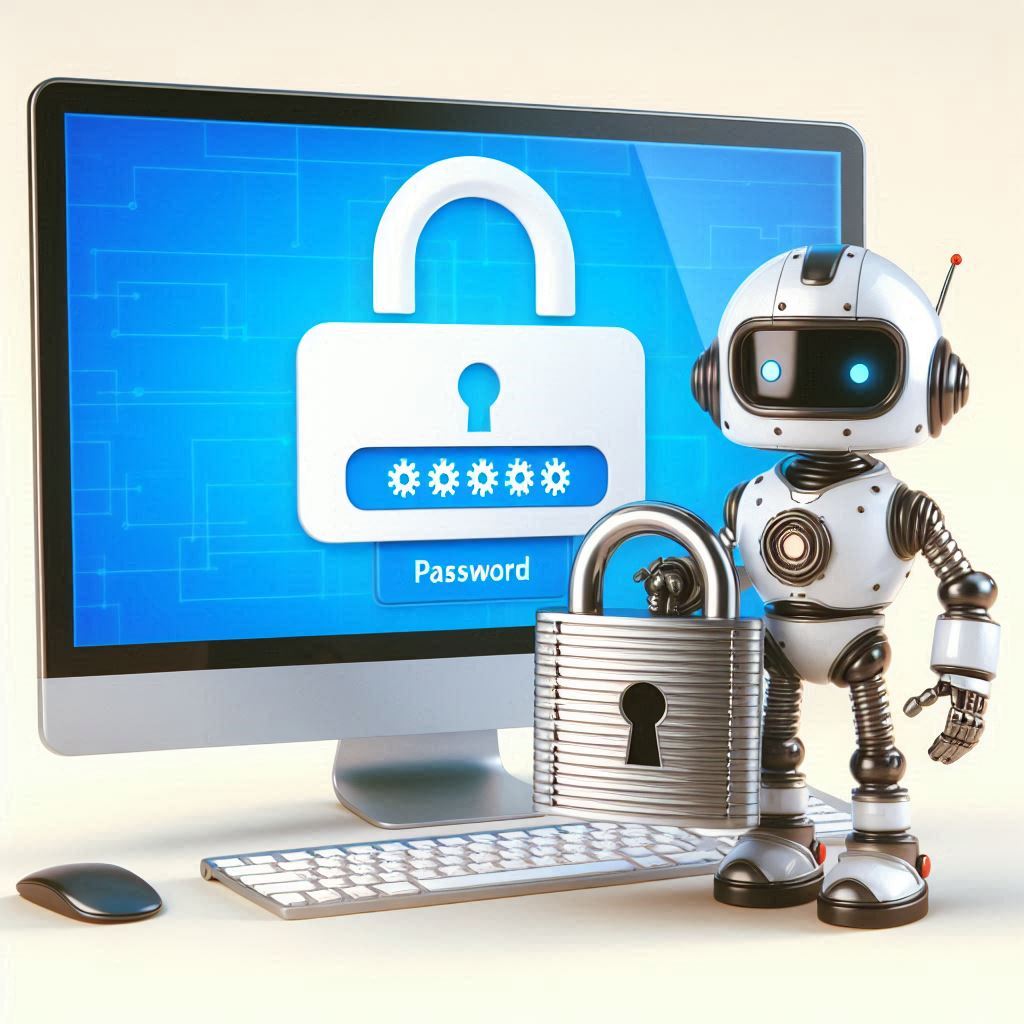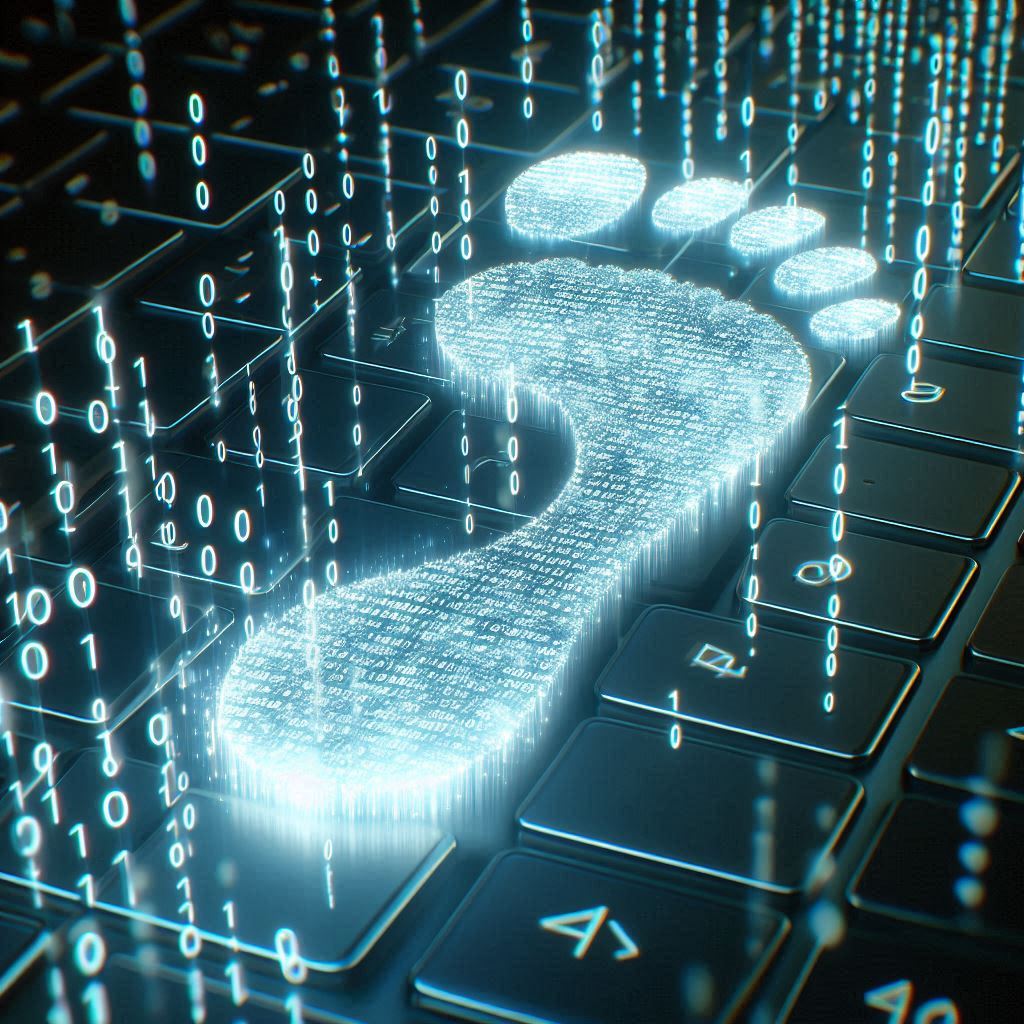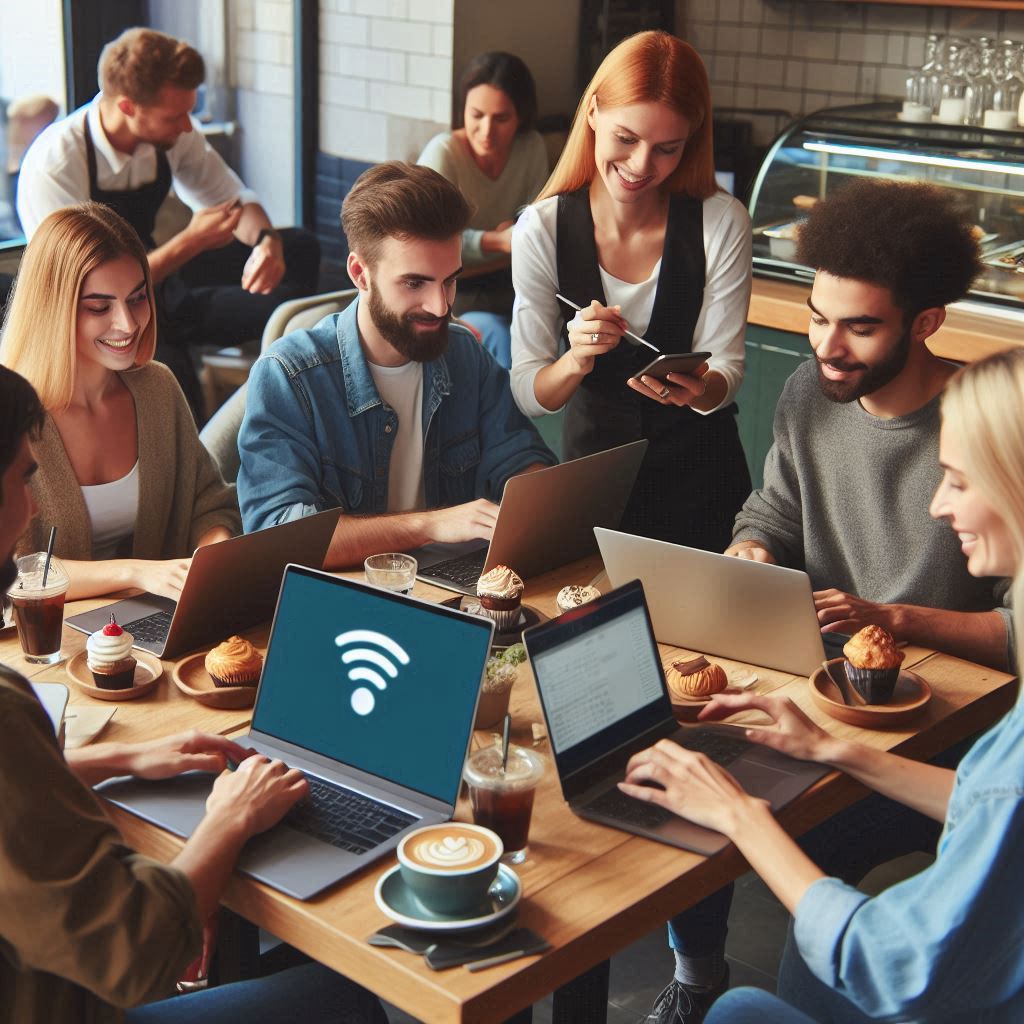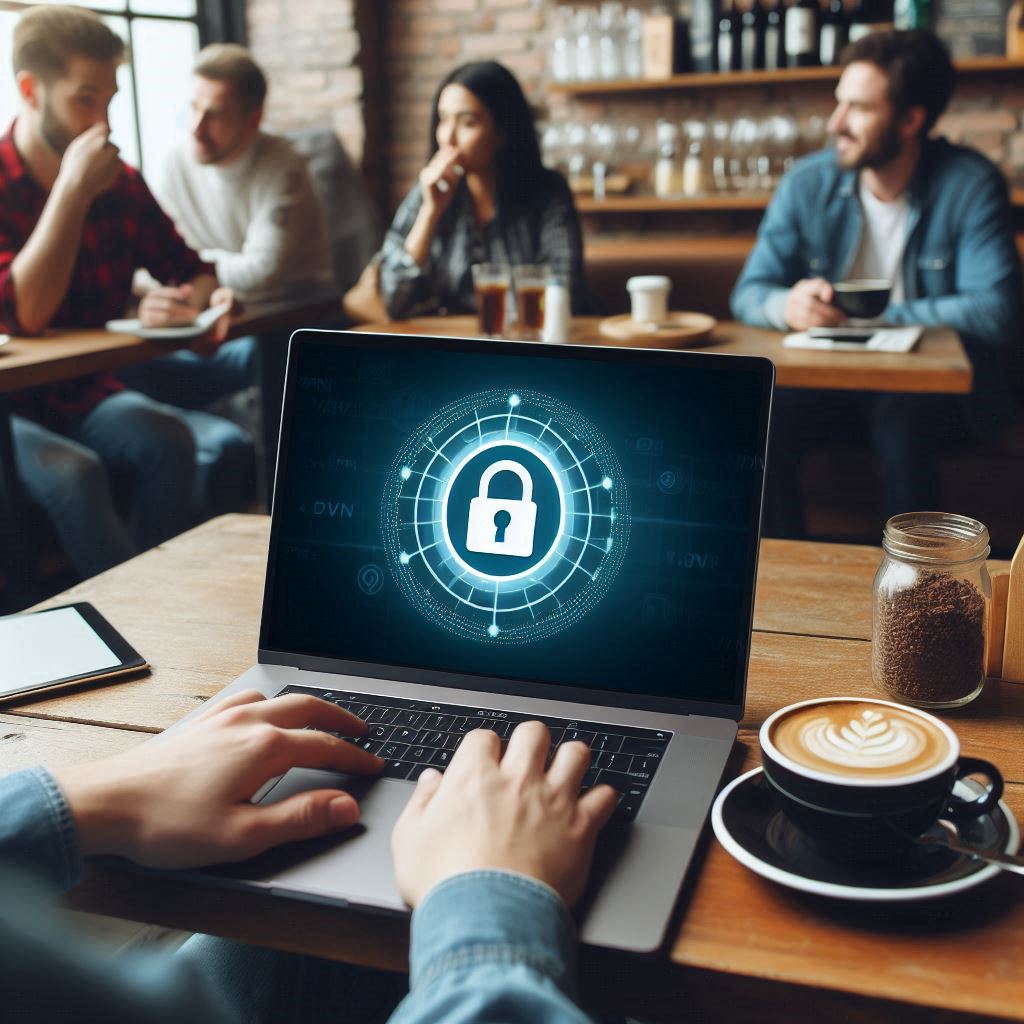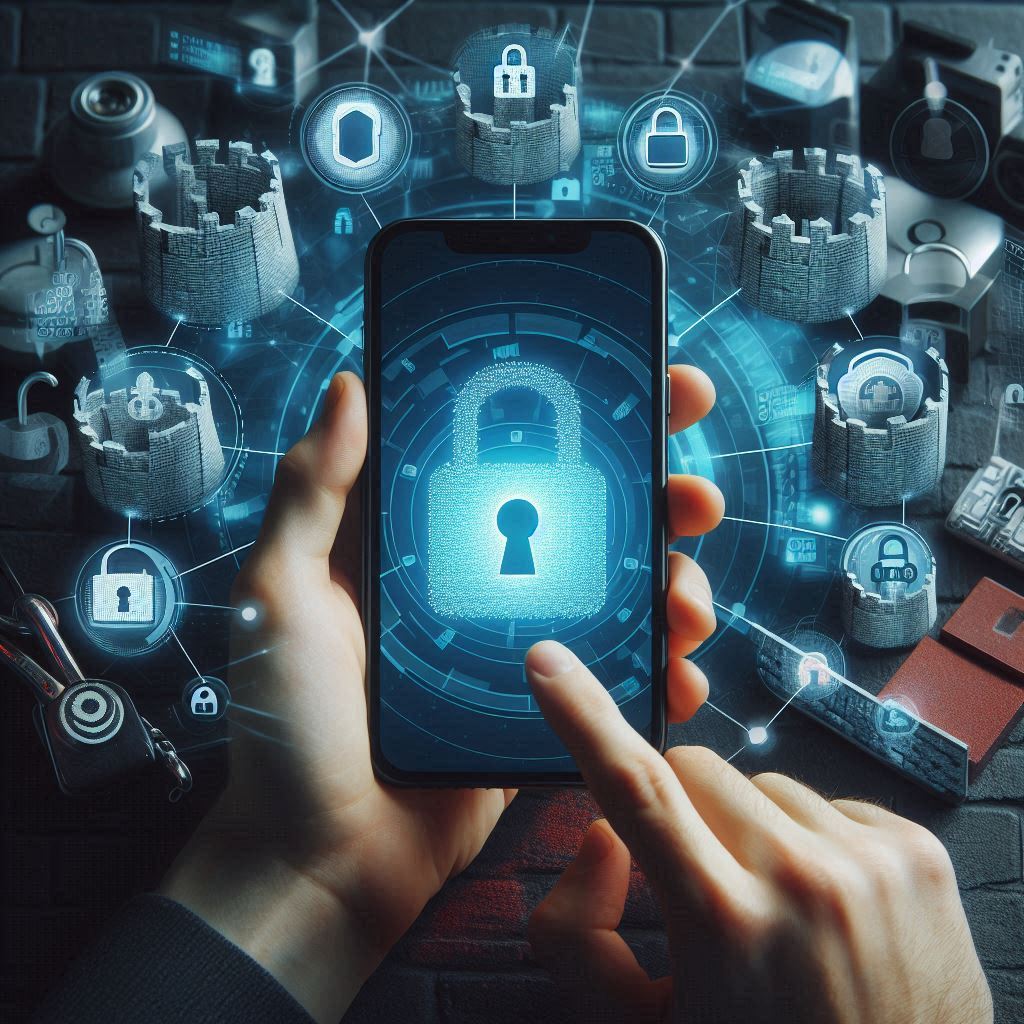
Keep Your iOS Updated
Regularly update your iPhone's operating system. Apple frequently releases security patches to address vulnerabilities. Enable automatic updates for convenience.
Use a Strong Passcode
Set a complex, alphanumeric passcode instead of a simple 4-digit PIN. Avoid easily guessable combinations like birthdays or sequential numbers.
Enable Face ID or Touch ID
Utilize biometric authentication for an extra layer of security. These features are more secure than passcodes alone.
Activate Two-Factor Authentication
Enable two-factor authentication for your Apple ID. This adds an extra verification step when signing in, significantly enhancing security.
Be Cautious with Wi-Fi and Bluetooth
Avoid connecting to unsecured public Wi-Fi networks. Turn off Bluetooth when not in use to prevent unauthorized connections.
Use a VPN
When using public Wi-Fi, employ a reputable VPN service to encrypt your data and protect your online activities.
Manage App Permissions
Regularly review and adjust app permissions. Only grant necessary access to your data and device features.
Enable Find My iPhone
Activate this feature to locate, lock, or erase your device remotely if it's lost or stolen.
Be Wary of Phishing Attempts
Don't click on suspicious links or download attachments from unknown sources. Be cautious of emails or messages asking for personal information.
Use Secure Messaging Apps
For sensitive communications, use end-to-end encrypted messaging apps like Signal or WhatsApp.
Disable Lock Screen Notifications
Prevent sensitive information from appearing on your lock screen by adjusting notification settings.
Regular Backups
Regularly back up your iPhone to iCloud or your computer. This ensures you can recover your data if your device is compromised.
Use Apple's Security Features
Explore and enable additional security features like Lockdown Mode for high-risk users or Privacy Protection in Mail.
Tips on SEO and Online Business
Next Articles
Previous Articles

